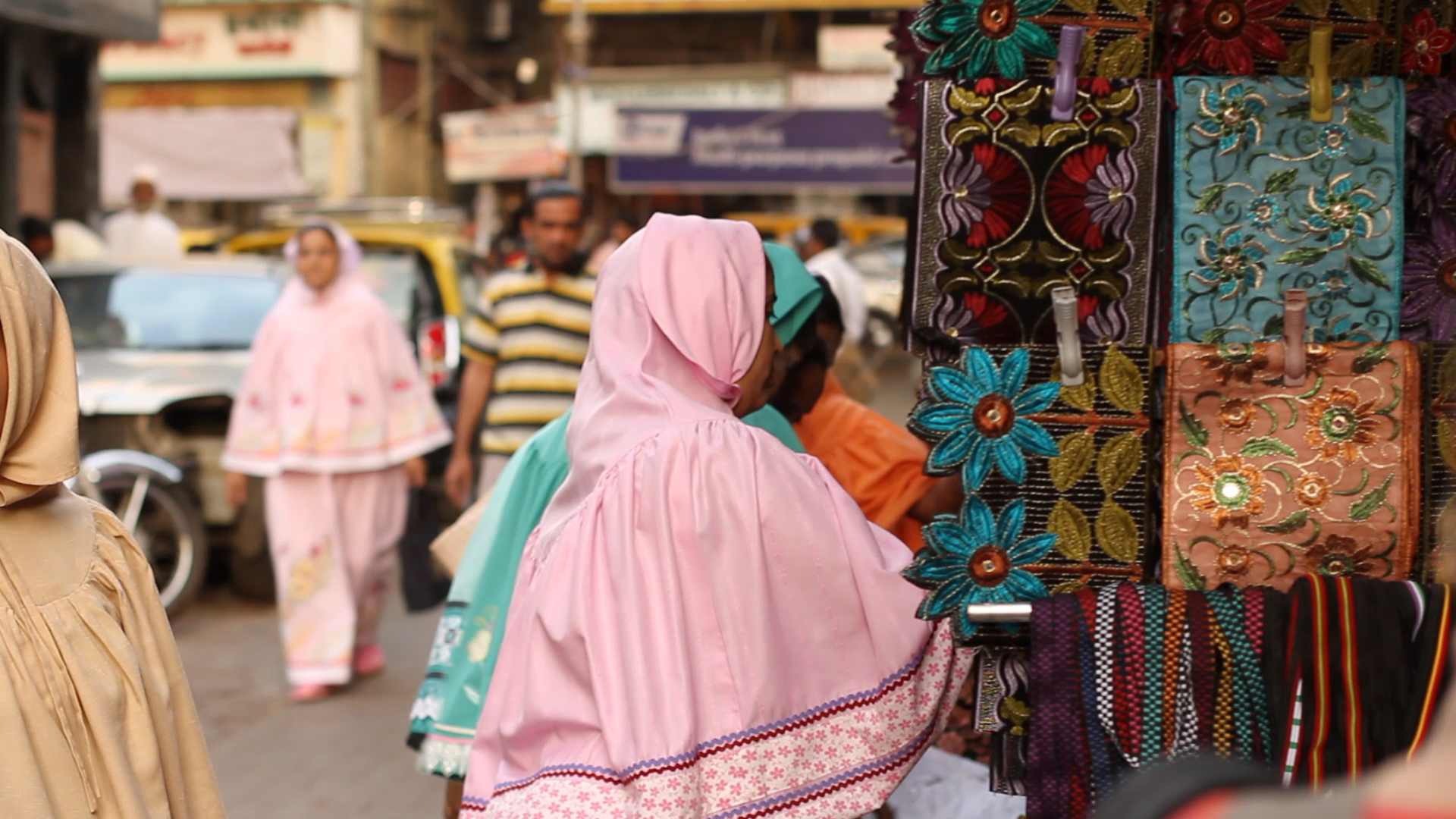By Mariam Sabir
Country of Residence: United States
With so many issues in the world that need to be addressed, we have to pick and choose our battles, whether it may be poverty, education, inequality, or gender violence. The majority of people choose something that they can most relate to via personal or cultural experiences. With this first blog I will write about my personal journey of discovering female genital cutting (FGC) in 2011 and why it took me eight years to finally do something about it.
My sister is my confidant, as I am hers. I was 17 years old when my sister pulled me aside urgently to talk to me about something she could not fathom. She had just discovered FGC. I was still in high school and did not grasp the gravity of the situation. A few years later, I was sitting in my healthcare ethics course in undergrad and my professor breezed over the topic of female genital cutting. My mind started to spin. This could not possibly be what my sister was talking about? I called her immediately after class and she confirmed it. I was enraged as though I was hearing it and truly understanding it for the first time. It felt like a conspiracy. No one in the community talked about it. How many of my cousins, friends, and aunts had gone through this and had never spoken of it?
I was desperate to talk to someone about this. Surely there must be somewhere I could go to get more information. I called the first person that came to mind, my mother. I could sense her discomfort in talking about this subject. She told me it is a Bohra custom, a social norm within our community that people feel compelled to perpetuate without questioning, even by my grandmother as well. My mother admitted that it was a traumatic experience, but did not want to indulge further.
I was not satisfied. I called my aunt. My aunt is more liberal and expressive; she writes poetry and is an activist in her own ways. Surely, she would have more to say about this. She told me it was done supposedly to moderate a woman’s sexual urges to prevent premarital or extramarital affairs. To my dismay, this was the end of our conversation.
My attempt to gather information seemed like an impossible task. I did not know where to go or who to talk to, so I pushed my thoughts aside until that summer when I went back home to Dubai. I was curious to see how much Bohra men knew about this. I met up with an old Bohra friend and told him what I had discovered. He immediately said, “Well, men get it done, too.” I was disappointed. I told him that male circumcision and FGC were not equivalent, that FGC was much more psychologically and sexually damaging for a female. He continued to defend the custom saying there must be a reason why Moula (the leader of our community) recommends it. There must be a long-term benefit from the procedure that we don’t know about. I was in disbelief. How could he not think it was wrong? I was left more confused and angry after that conversation. Was I making this a bigger deal than it needs to be? Why is no one else speaking up about this?
I attended medical school and the more I learned about female anatomy, the more upset I got thinking about FGC. I felt powerless until I heard a friend talking about Sahiyo. I was shocked and relieved. It was comforting to know that I share the same views as many other women. Up until then, I felt like my emotions of anger and distrust were out of proportion and unjustified. There was finally a safe space to discuss FGC, gather information and truly understand its origins.
Through Sahiyo, I learned more about how we can create awareness and discussion about such a sensitive and taboo subject. In retrospect, I wish I had handled the conversation with my Bohra male friend differently. It was presumptuous for me to think he would understand what women went through. Afterall, it is our body, not his. I wish I had the tact and knowledge to educate him about the long-lasting effects of FGC, to tell him that it is not a small-community problem but a human rights issue. That taking a child at the age of seven and altering her anatomy forever is not okay. That depriving a woman from experiencing pleasure during sexual activity is not okay. That potentially causing severe pain and complications for women’s reproductive health is not okay. That tampering with God’s creation of a perfect body is not okay. That perpetuating patriarchal standards by continuing this practice is not okay.
All the secretiveness around this topic should be a red flag for everyone who blindly follows this practice. So let’s question it. Let’s drop the secrecy. Let’s drop the shame. Let’s create awareness. Let’s educate each other.

